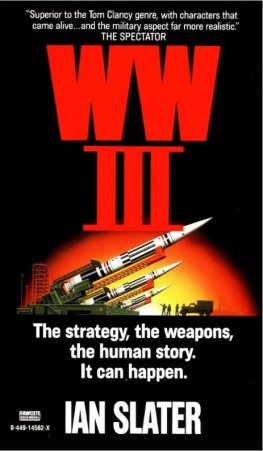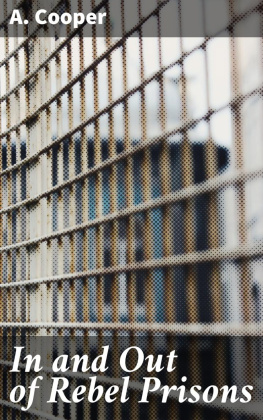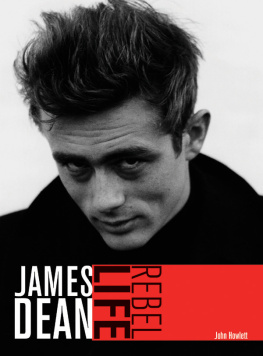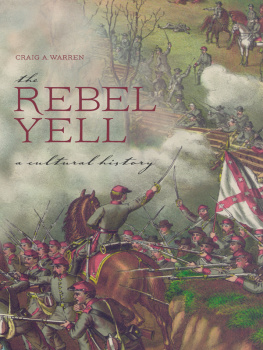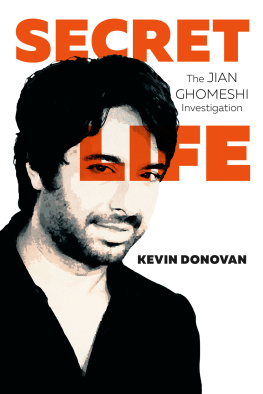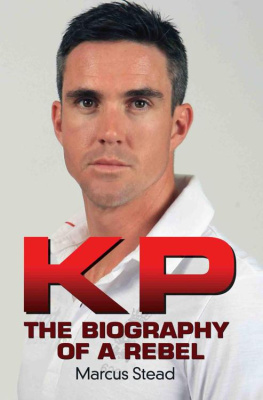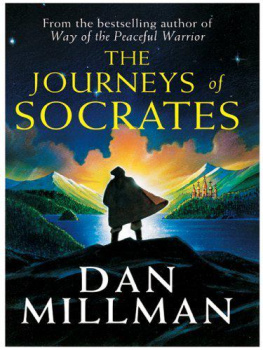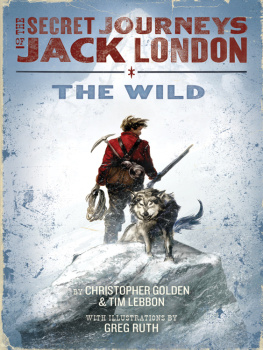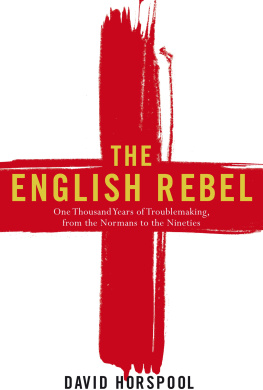Contents
Guide

The author and publisher have provided this e-book to you for your personal use only. You may not make this e-book publicly available in any way. Copyright infringement is against the law. If you believe the copy of this e-book you are reading infringes on the authors copyright, please notify the publisher at: us.macmillanusa.com/piracy.
Contents
For Storme
The London Underground is not a place associated with the political future of Ireland. But amongst bomb warnings, the adverts for shampoo and college courses I once saw a poem by Sheenagh Pugh called Sometimes. Sometimes, the poet wrote, the muscadel grape outlasts the blast of frost, sometimes a field of hard-frozen sorrow thaws and a people sometimes step back from war.
The convoluted political history of Ireland, thus far, is not the history of provident sometimes but the triumph of hatred over tolerance, murder over mutual agreement, and embittered division. It is a land where, in the words of one of the interviewees in this book, so much blood has flowed under the bridge for so long that almost everyone has forgotten where the stream of blood began and for what reasons. Rebel Hearts is a timely reminder of the human history and human sorrow behind yesterdays Troubles headlines.
But this book is not just another history of Irelands Troubles; Ireland has too much history and no account of the past will save the Irish, Ulster Protestant or Ulster Catholic, from a destructive future of their own creation. Rebel Hearts is a guidebook to the Republican Soul and the world of those men and women in the IRA, killers, brothers, informers, chieftains and martyrs, who suffered and who inflicted sorrow in Irelands Troubles. I hope this account will allow the reader to cut their way through the propaganda fog of the last twenty-five years and achieve a clearer understanding of the principal protagonists, the rebels, the Provisional IRA.
The Irish Question has dogged English politics for four hundred years and will continue to measure out its irresolution in blood and human lives until there is peace in Ireland. And there will only be peace in Ireland through compromise, negotiations, complex political deals and a transfer of power away from the British Crown.
The IRA ceasefire and the ongoing peace talks have brought Ireland to a rare sometimes point in its history. There is a greater chance now than ever before to turn back from the road that leads to hedgerow assassination, masked men, cold revenge, betrayal and murderous indifference. There is a chance not to glorify but to bury the bloodstained past. There is a chance for a historic accommodation, a covenant of peace not a covenant of blood between Protestant and Catholic, Unionist and Republican. Sometimes, the poet on the Underground said, a people step back from war. Sometimes, as in South Africa, they do. May it happen in Ireland too.
London, 1995
A lot of news editors have wittingly or unwittingly aided the researching of Rebel Hearts. I would like to thank Biff Grimes of the New York Times, Paul Vallely of the lost Sunday Correspondent, Kim Fletcher of the Sunday Telegraph, and Angus MacKinnon of GQ for their belief in my reporting skills.
In Northern Ireland many journalistic colleagues shared their insights into the IRA but I would particularly like to record the contributions of Anne Maguire and Domnhall McDermott. Sadly the finest flowers often blossom unseen by the wider world and their premature deaths were a great loss.
Seamus Kelters was full of insight and a databank of hard facts, Kathleen Bell at the Irish News library was a mine of information.
I would also like to thank the many individuals, Unionist or Republican, over the years, who agreed to be interviewed and share their time and thoughts with me, including Rita, the Doris family, the Finucanes, the Flood family, the MacManuses and the people of Achill Island, especially Thomas and Mikey.
In the world of publishing, David Godwin first commissioned the book and then acted as uncle in his new role as agent. David Chalfant laboured on my behalf in New York and won me time and cash to complete the project.
And finally there is Dea, the love of my life and fire of
Active service Term used by the IRA to describe when its members were on an IRA operation.
British Army The troops of the British Government who serve tours of duty in Northern Ireland.
Catholic Adherent to the Catholic Church; Catholics comprise forty-three per cent of the Northern Irish population and total 645,000 people. Although they are the biggest single religious denomination, Catholics are in a minority in the state. Across the disputed border, Catholics compose the overwhelming majority of the Irish Republics four million population.
Celtic A Catholic-identified Scottish football team.
Crown A term used to denote the British Government and all the forces, like the British Army, and institutions that compose the British State whose constitutional head is the Queen.
Fenian A term, usually pejorative, for a Catholic that implies he or she is a Republican. The original Fenians were an Irish-American revolutionary group in the 1860s.
Fianna Fail A socially conservative political party in the Irish Republic with republican leanings.
Fine Gael A conservative political party in the Irish Republic who are strongly opposed to the IRA and whose historical forbears fought on the pro-Treaty side against the IRA in the 1922 Irish Civil War.
IRA Irish Republican Army. The IRAs aim is to force the British Government to leave Ireland either by political violence or negotiation.
Loyalist A Protestant strongly, often violently, opposed to a United Ireland.
MI5 The British domestic intelligence service that has overall control of the British Governments battle against the IRA.
MI6 Britains overseas intelligence services. MI6 once fought against MI5 for control of spying operations in the Irish Republic and has in the past run its own agents in Dublin.
Nationalist A member of the Catholic population who aspires to a reunited Ireland by non-violent means.
OC Officer Commanding.
Official IRA Republican paramilitary faction. The Officials split from the Provisional IRA in 1969. They declared a ceasefire in 1972 and have since played an extremely limited role in the conflict in Northern Ireland.
Oglaigh na hEireann Gaelic term for the Irish Republican Army.
Protestant Adherent to any of the different non-Catholic Christian denominations in Northern Ireland. The Protestant population stands at 855,000 and comprises fifty-seven per cent of the total population of Northern Ireland.
Provisionals Another name for the modern-day IRA, which split in 1969 at the outbreak of the Troubles into two factions, the Official IRA and the Provisional IRA. The Provisionals soon eclipsed their Official rivals and the term Provisional is now virtually synonymous with the IRA.
Provos Shortened term for members or supporters of the Provisional IRA.
Republican A supporter of a United Ireland. The term in Northern Ireland is usually synonymous with a supporter of the Provisonal IRA.
Republican Movement A term used to cover both Sinn Fein, the legal political wing of the IRA, and the IRA, the illegal military wing, of the republican organization.
RIR Royal Irish Regiment. See UDR.
RUC Royal Ulster Constabulary, the heavily armed police force of Northern Ireland.


